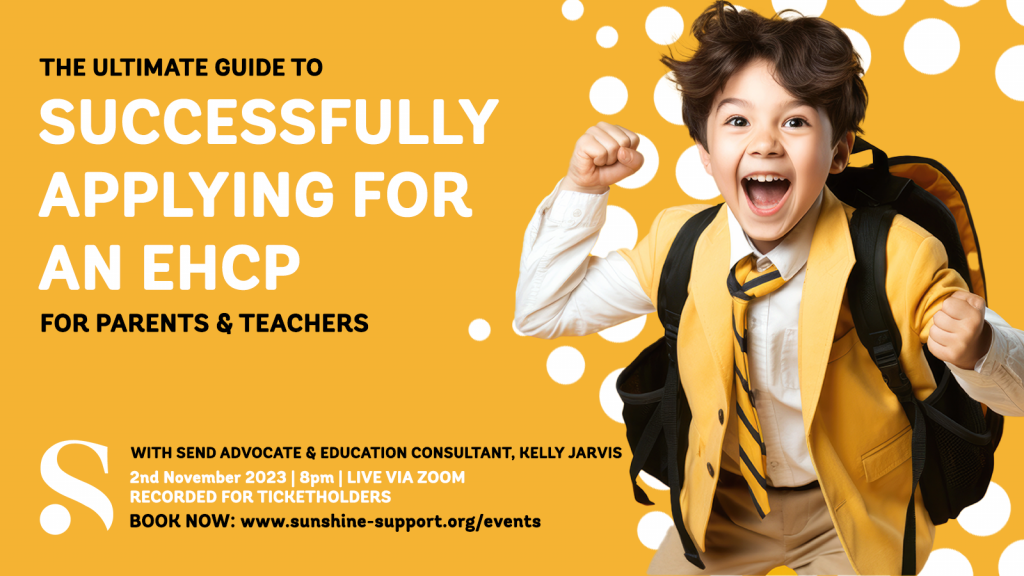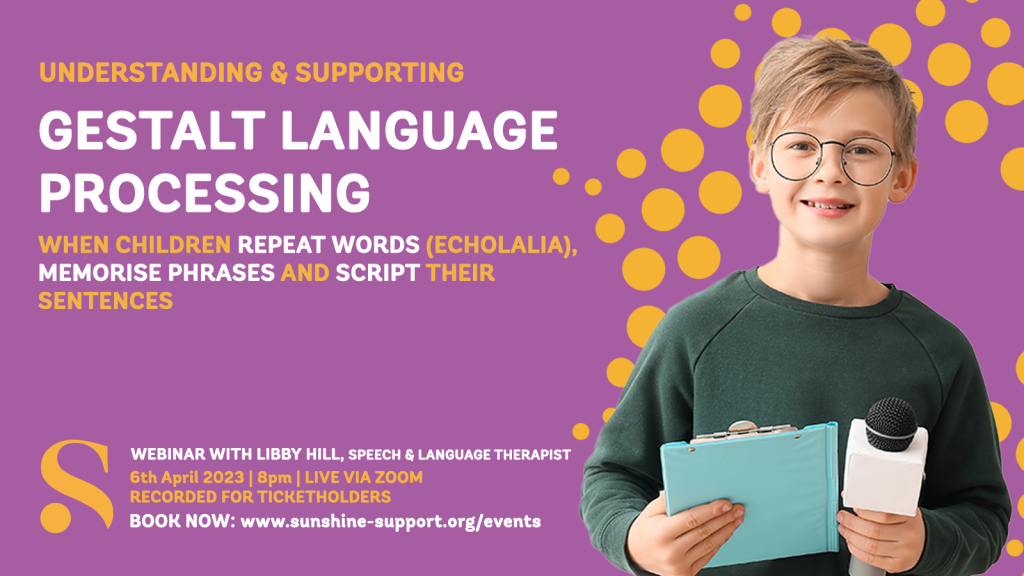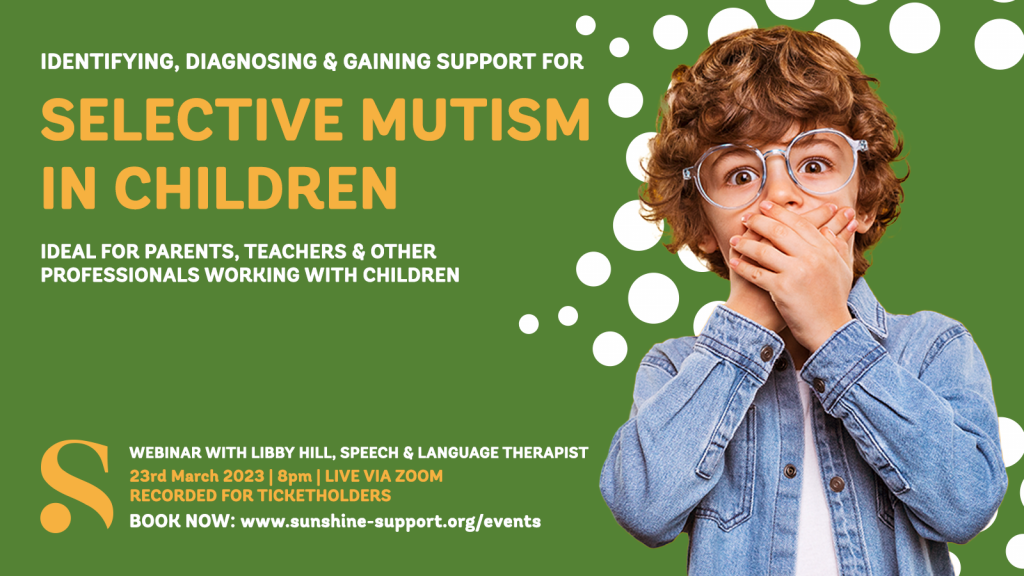
Despite the expectation that Family Court should be ‘inquisitorial’ – with an expert agreed by all parties and acting for the Court, the system is often experienced as adversarial, and for me that has meant presenting as an expert witness has been in some cases a truly unpleasant experience.
When I am instructed in Family Court it is a single letter of instruction, with those instructions or questions agreed by all parties involved, and my remit is to be objective, professional and honest in the application of my expertise. However, the issue of FII becomes a difficult one because it is itself a construct that leads to strong, and very contrasting, professional opinions. I am only ever involved if there is a question of possible or known autism in the family – parent or child or both – and the court wishes to understand how that might have played a role in the FII allegation. Usually this is in terms of understanding areas of miscommunication (on both sides) and the ways in which lack of understanding of autism and neurodiversity might lead some professionals to make assumptions that may in fact have alternative explanations.
At this moment in time there are a number of professionals who are uncomfortable with the construct of FII as it is currently defined, myself included, and who are concerned that the approach taken by some Local Authorities is ableist – even if unintentionally. That is, that the views around what does or does not constitute ‘emotional abuse’ of a child (the most common reason in the UK for FII allegations) are inherently linked to neurotypical assumptions about ‘good’ or ‘safe’ parenting behaviours, without any understanding or awareness of all the many reasons why a parent may behave differently without that being inherently harmful to a child.
The fact that I am concerned about FII and how it is defined means that, in the Court, barristers who wish to support the FII allegation (usually the Local Authority) will be quick to argue that I am not objective, that I have a particular prejudice in this area, and therefore that my evidence and professional opinion should not hold weight. Trying to maintain a stance of balance and objectivity in the face of seeing the trauma that autistic families are going through because of a poorly defined construct is extremely difficult, and a good barrister will (unfortunately for me) see a chink of emotion and jump on it. Their job is to discredit me as a witness if I am stating things in my reports which do not favour their client.
This has meant that I have been subjected to various strategies to suggest that I am biased, have a personal agenda, do not know what I am talking about, lack appropriate expertise, or am in some other way a failed professional whose opinion should not be taken into consideration by the Court. In short, to be verbally shredded and – as far as the barrister is able – discredited.
Whilst this is something which comes with the territory and is to be expected to some extent, I have nevertheless been in situations where it has felt so far removed from the balanced and objective presentations of opposing or alternative arguments that one might expect, and very definitely has moved into the realms of verbal and emotional attack. These experiences have left me emotionally drained, at times genuinely distraught, and quite frankly angry. And yet, to show those emotions in the Court would only succeed in advancing the argument that I am not an objective witness.
For me, FII is unique in this respect. I have been in Court as an expert for all sorts of alternative reasons that are linked with autism in a defendant or witness and presented my expert knowledge around how autism may or may not play a role in the events in question. In the majority of these (non FII) cases – even when it is criminal court and there are opposing experts on each side, with differing opinions, and we have to argue and justify our professional views – this has never left me feeling attacked or vilified in the way the FII court experiences can.
But with FII we are faced with something which is – in the absence of proof of illness induction or tampering with medical notes – basically an allegation of child abuse against a parent/parents on the basis of professional opinion that the parental behaviour is emotionally abusive. It is a host of hypotheses coming from different perspectives, such that it is not dissimilar to the old metaphor of the blind men all grabbing different parts of an elephant and drawing wildly different conclusions as to what the object is, but where it is incredibly difficult to ‘prove’ that one professional opinion is any more valid than another.
My stance in Court is always to try and educate about autism, about the ways in which bi-directional communication differences between autistic and non-autistic people might lead to misunderstandings, about the ways in which different cognitive processing will make different things important to autistic and non-autistic people, but that both are equally as valid, about the fact that autistic parenting is different not disordered. And sometimes I am faced with a Barrister who will then do anything possible to distort this or to shred me as an expert.
The truly awful experiences I have had in Family Court have highlighted just how utterly horrific the process must be for the families involved. I only have to endure one day, sometimes two, being harangued, provoked, discredited. I have come away from Court and had to go and cry in the corner to let the emotions out. I genuinely do not understand why FII in the Family Courts has become such an adversarial and unpleasant thing. Surely our role as professionals is to work together to understand and support families, not to destroy them? And yet, that is what it can feel like in Court for FII. Destruction. The system needs an overhaul, and it is long overdue.







